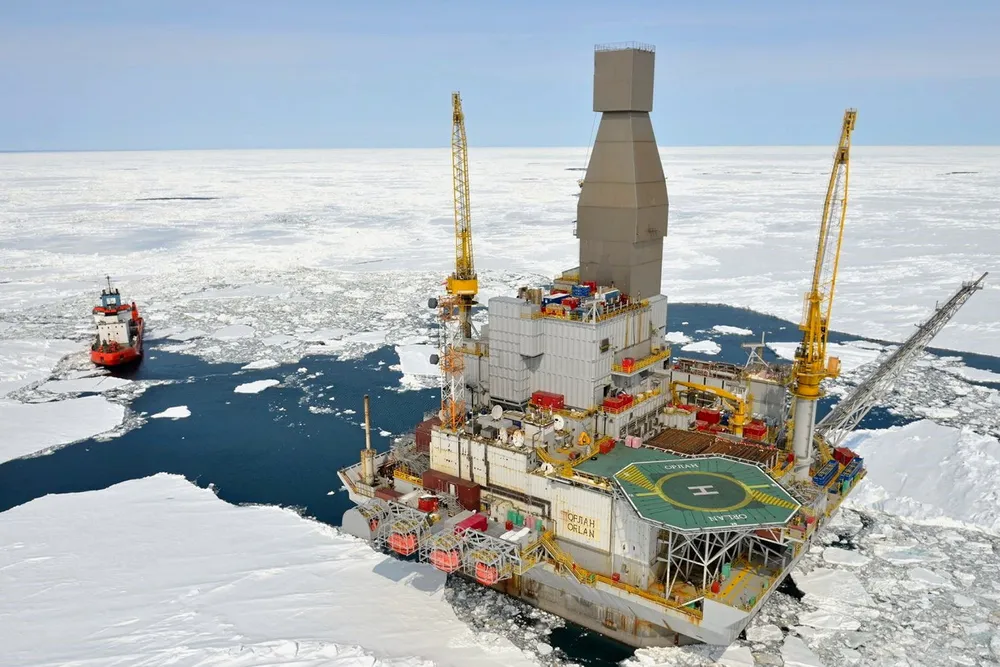Russia appoints new operator for Sakhalin 1
Exxon Neftegaz ordered to transfer all assets, financial obligations, personnel and existing contracts to new manager established by the government for stalled oil and gas project in country’s far east

Exxon Neftegaz ordered to transfer all assets, financial obligations, personnel and existing contracts to new manager established by the government for stalled oil and gas project in country’s far east
